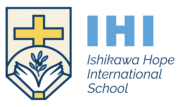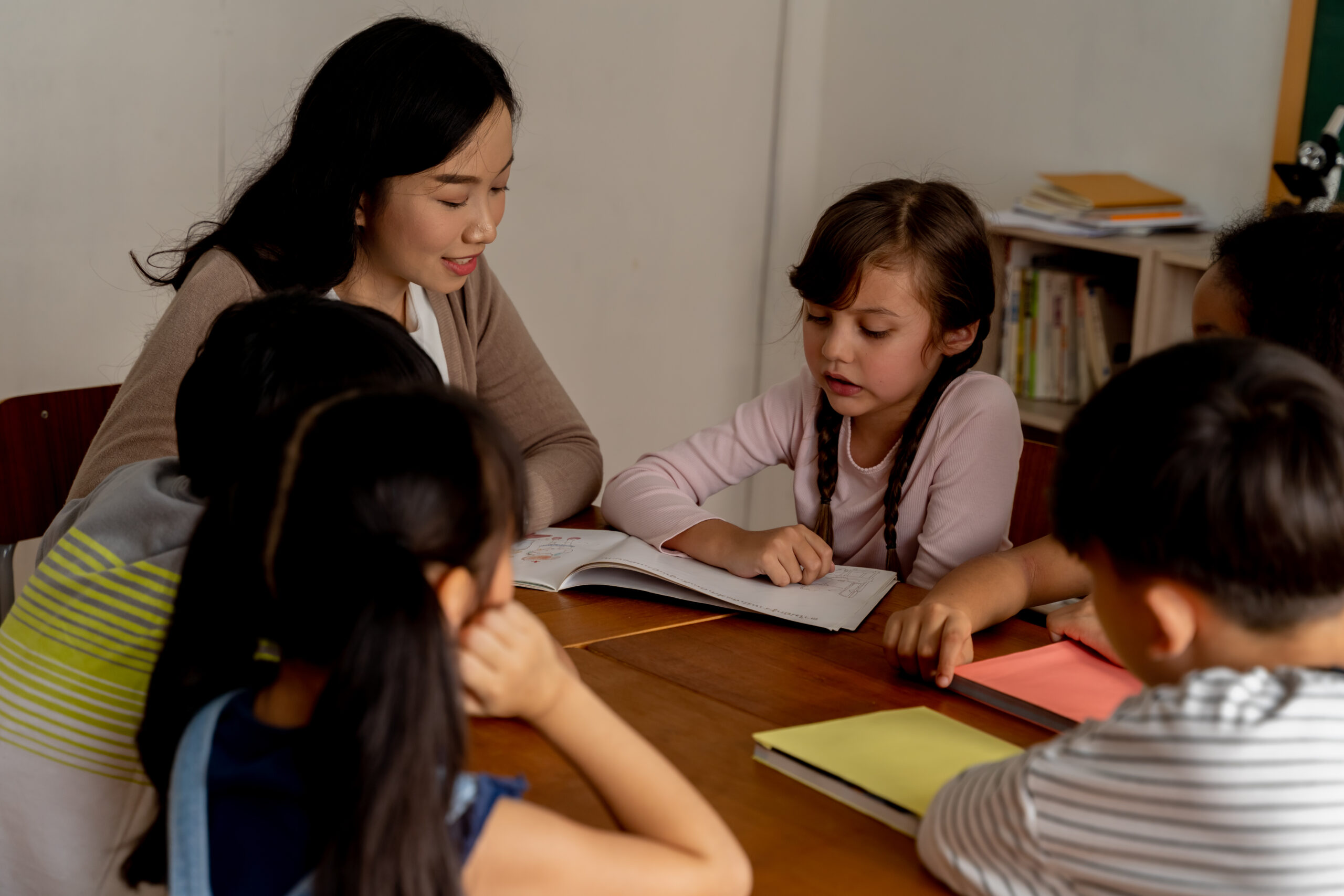
We’re Hiring!
Here at IHI, our educators are not just experts in their own fields — they aspire to be forever memorable as life-defining mentors in our students’ academic, extracurricular, and social development. Our educators are truly our greatest strength.
What’s it like being a teacher at IHI?
Let’s take a look at what goes on inside the classroom…
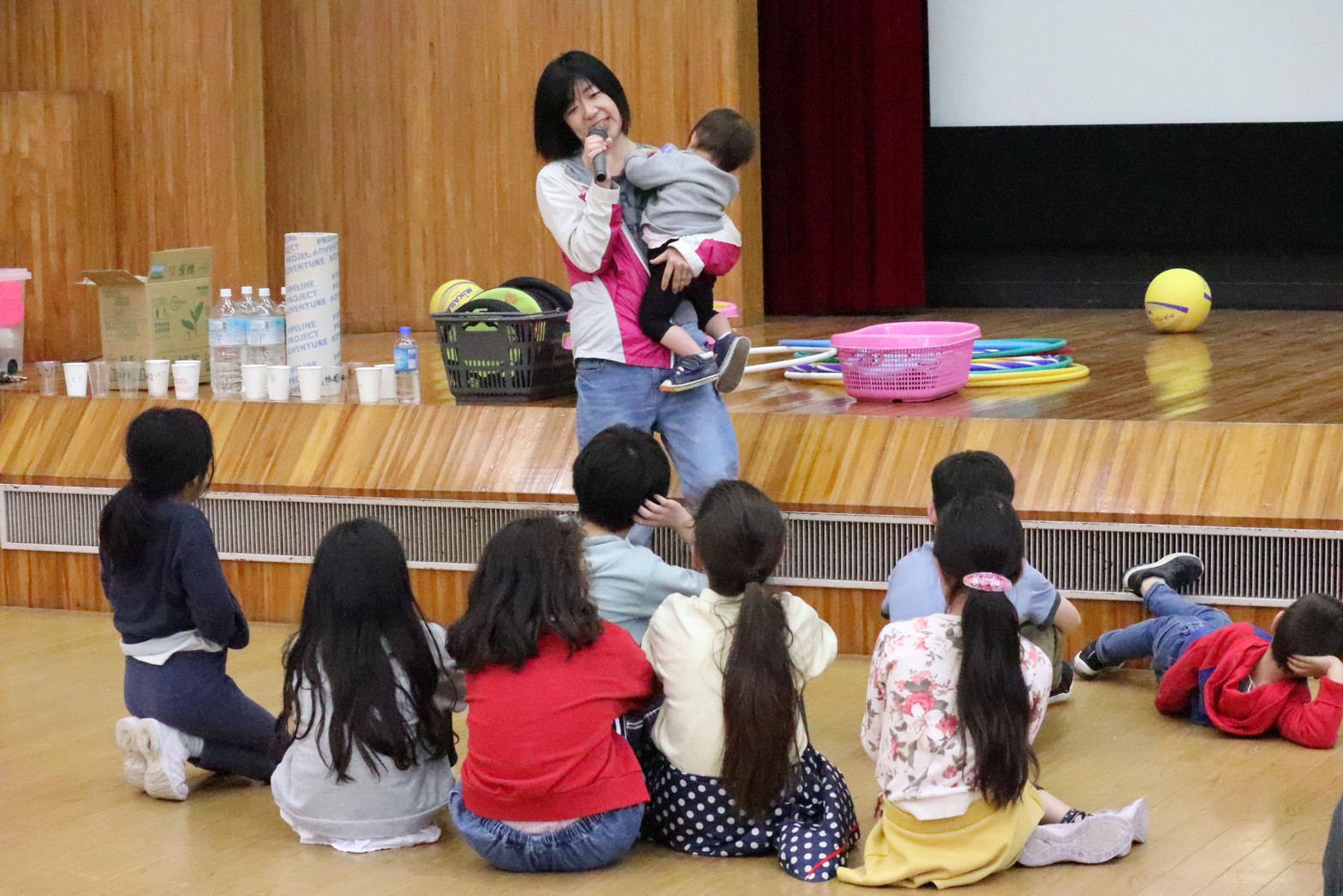
Ruth Niwa
Vice Principal
At IHI, all subjects are taught from a biblical values perspective, while also keeping the curriculum studied in public schools in check. We place importance on children being moved by the beauty of the world God has created and the wisdom of the Lord, and on a biblical worldview being formed within them.
We place importance on developing the children’s basic academic skills in Japanese and Math, which are fundamental to learning, and on nurturing their thinking skills so that they can tackle new situations and tasks creatively and on their own. Taking advantage of the small class size, we try to make it fun for the children to develop their skills by incorporating games and other activities to deepen their understanding, according to the interests and understanding of each child.
The best part of being a teacher at IHI is knowing and rejoicing in the Lord with the children as we look up to Him and listen to Him in various aspects of class and life.
I pray and serve daily that the children will be prepared as disciples of the Lord and that they will rise up in the future to respond to the calling that the Lord has given to each of them.
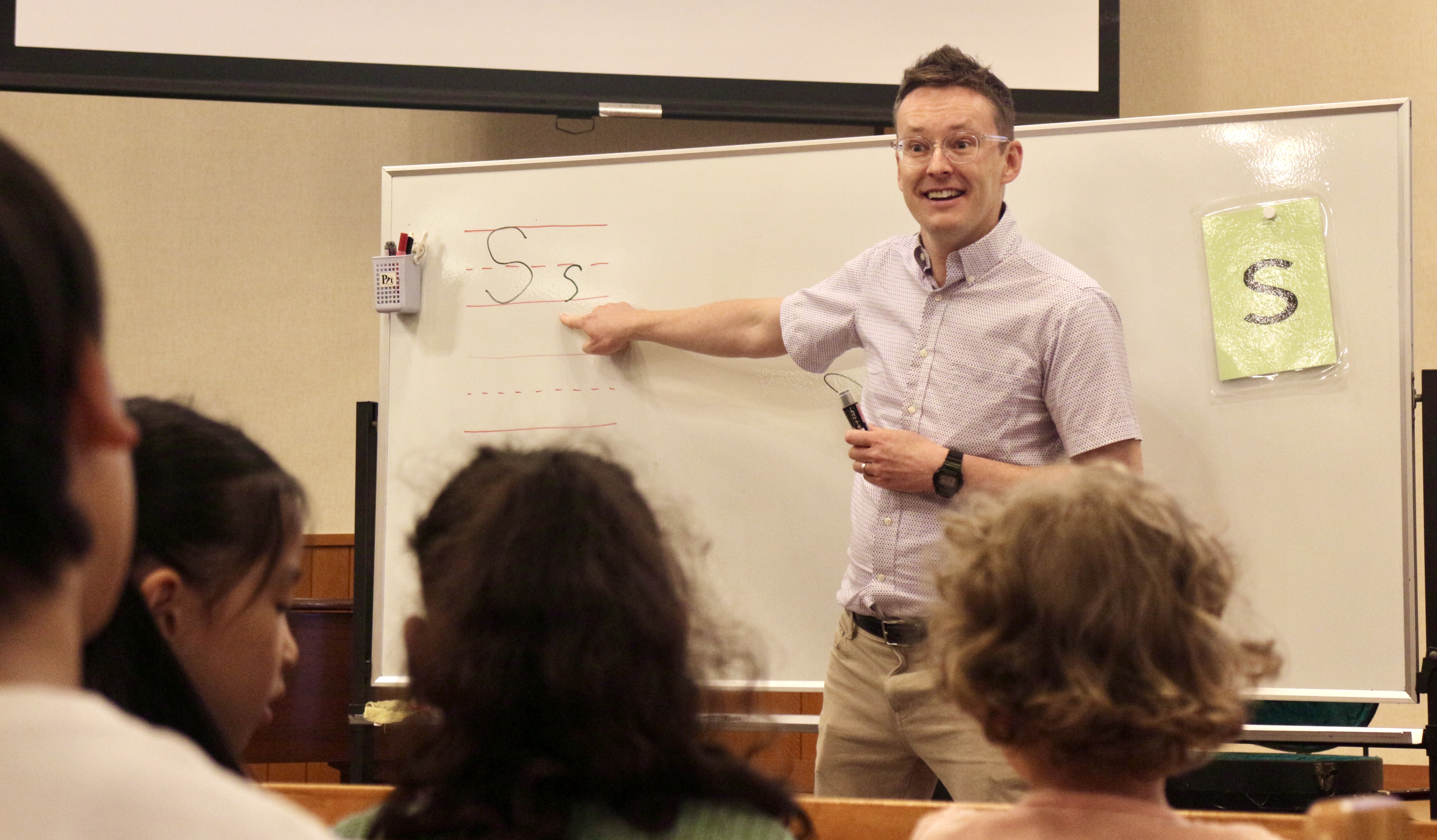
Glen Chamberlain
English Teacher
At IHI, we hope to give students the basic tools for a good foundation in English. The goal of the phonics classes is to facilitate:
- Learning the basic 40+ sounds of English (as opposed to knowing letter-names for spelling)
- Learning the carious spellings of those sounds
- Practicing recalling learnt sounds
- Practicing blending sounds to form words as in reading
- Practicing segmenting sounds of words as in spelling
We utilise a methodological approach that covers the entire basic spectrum of phonetics, plus a class lesson structure that students can easily adapt to, understand, and feel comfortable with, so students can enjoy progressing through the course with a sense of accomplishment.
Students are encouraged to recognise their own success, and feel a healthy form of motivation through achievement. The methodical structure of the phonics course allows students to better gauge their own progress and achievement.
In English-speaking countries, phonics are usually completed in the early years of elementary school, moving next to sight word reading, spelling, and reading comprehension. However, we recognise that students at IHI come from a very different background living in Japan. As much as possible, we strive to start from the level they are at now, so as to maximise their chances of success.

Kumiko Yoshida
Music Teacher
We want our students to enjoy the wonderful gift of music that God has given us. We want our students to be exposed to many famous songs from around the world, so we start our classes at all grade levels with music appreciation. Our goal is for students to be able to sing any part of any hymn at first sight. For this purpose, we also study music notation and solfege. The second grade classes are based on textbooks used in public education. Students also play the recorder and keyboard harmonica.
If there are children who are learning to play the piano or other instruments, we would like to make use of their gifts as well. We plan to compose at least one hymn each year, depending on the level of each grade level.
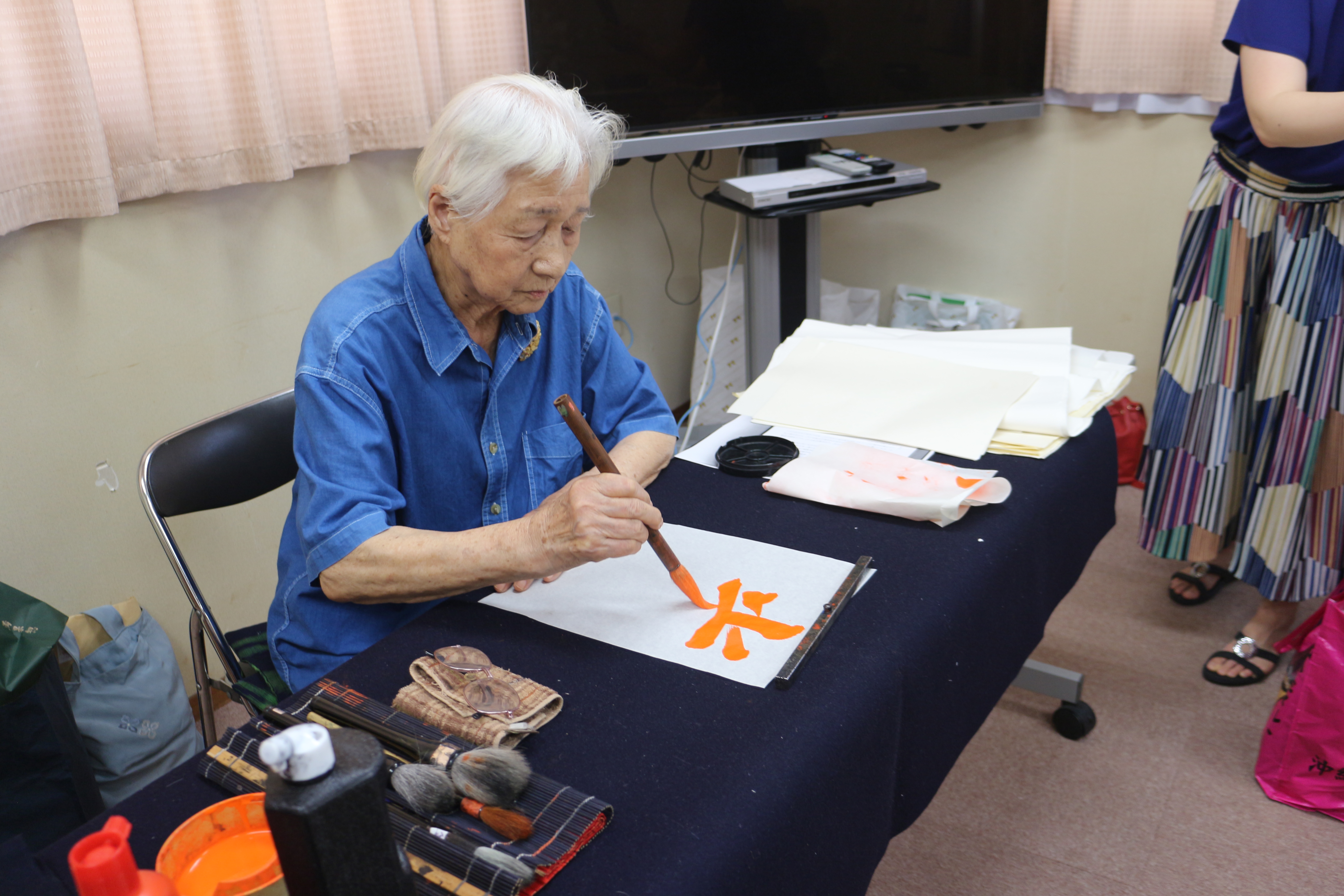
Kazuko Nozaki
Japanese Calligraphy Teacher
Calligraphy lessons are held once a week. They take turns between writing with a brush and a hard brush (pencil writing).
Kanji, hiragana and katakana are also practiced. We use textbooks for each grade and also practice characters that are not in the textbooks.
All children are writing seriously and concentrating on their work. The quality of their lines has become stronger and they are now writing with more attention to the shape of the characters.
In public education, brush writing starts in Grade 3, but we have been doing it with the fourth graders since Grade 1.
They write very hard and seriously, and I am sincerely grateful to them!
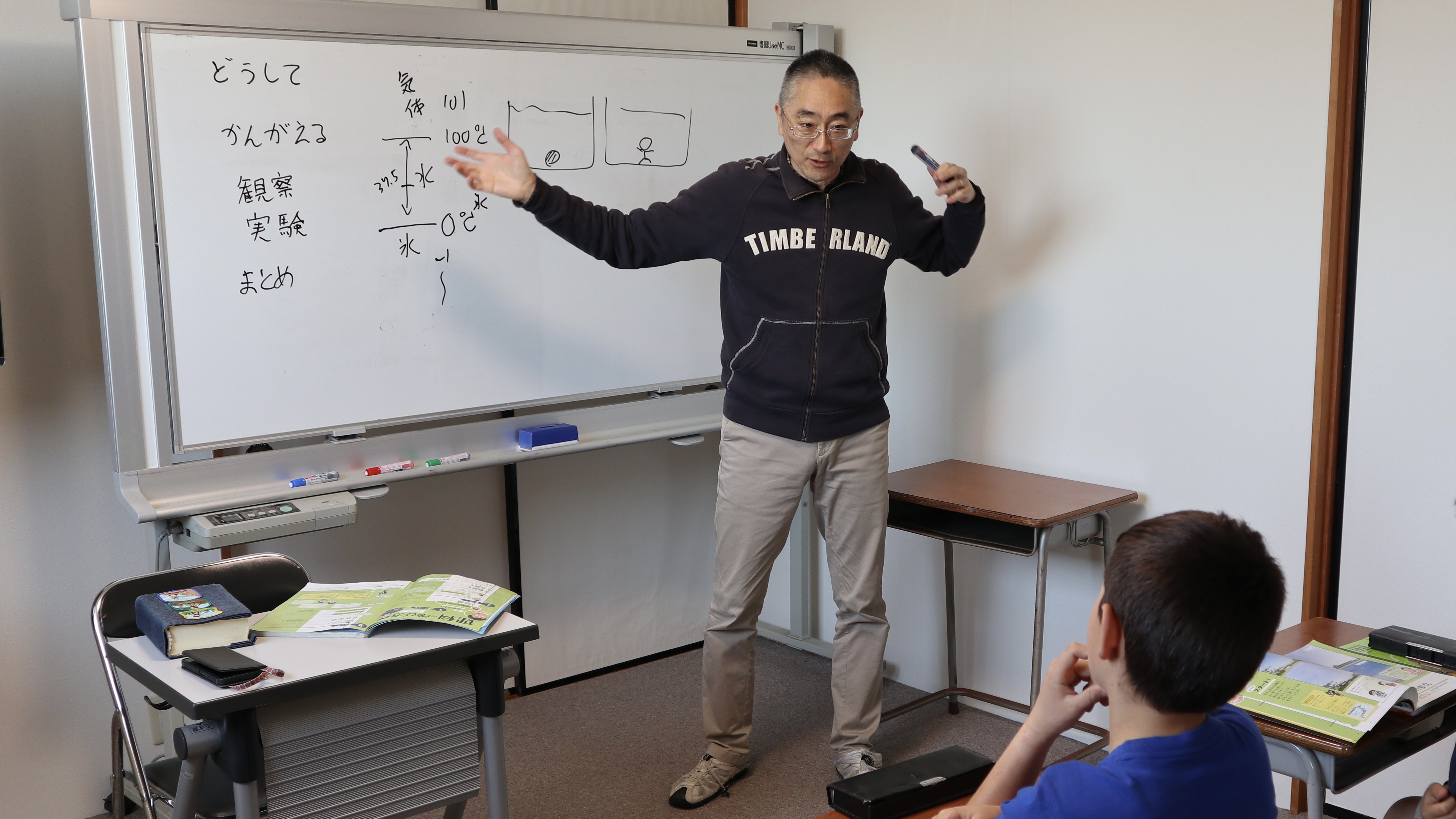
Satoru Suzuki
Science Teacher
In science lessons, the children learn about the wonders of this world and the wonders of this world that the Creator has made. We use church school texts, use videos to get the children interested in different areas of science, answer as many questions as possible from the children in class, and use the relevant Word of God to encourage the children’s desire to know and to find out what the Bible says about this world. The children are taught using the relevant Word of God in the classroom.
Openings
School Wide
Chief of Staff
Administrator from April 2024
Kindergarten
Kindergarten English Teacher from April 2024
Elementary School
Math and Sciences Teacher from April 2024
Middle School
Math and Sciences Teacher from April 2024
High School
Math and Sciences Head of Department from April 2024
